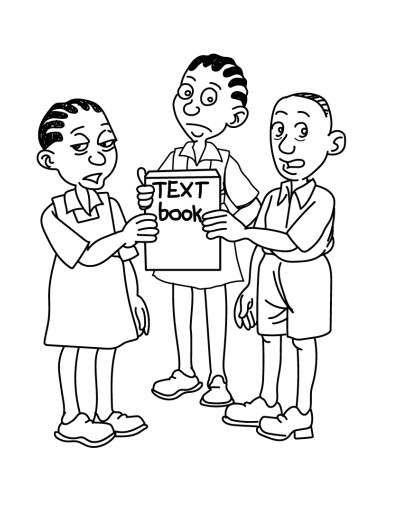Godfred is one of four children we will be following over the next three years to learn about their education journey; their challenges in accessing foundational education and their hopes for the future. We will hear about...
They are #borntolearn, like all children. Their stories will demonstrate their commitment to learning and what we have to lose if we don’t invest in their education
Godred lives in Fosu, a small rural town located near Nkawkaw in the Eastern Region of Ghana. Near the base of the Kwahu Mountains, most families in Fosu work in agriculture, growing crops such as cocoa, maize, and cassava. You can access the town by car, bus or Tro Tro, which are local mini-buses.
There is a primary school and a small health centre in the town, as well as a few shops and markets for buying basic necessities.
The good news is that more children are accessing Ghana every year, with faster improvement than in many of its neighbouring countries. The percentage of children completing primary school in the country increased from 57% in 2000 to 77% twenty years later.
Out-of-school numbers are decreasing across all education levels in Ghana
But despite some recent encouraging progress in reading, learning outcomes remain low. Pupils aged just one year older than Godfred can read an average of just 2.5 words per minute, with up to three-quarters of children unable to read a single word.
Children in Africa are five times less likely to learn the basics than children elsewhere
In Born To Learn, we recommend that:
- All children should have their own textbooks to learn, which are research-based and locally developed
The Spotlight Report for Ghana also calls for teachers to be provided with guidance on creating low-cost and no-cost teaching and learning materials. This could be a possible focus of some teacher professional learning community sessions.














